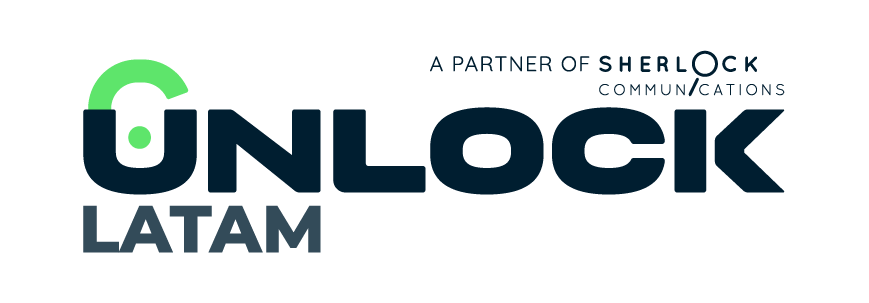Essential Legal Aspects for Expanding SaaS Internationally
Taking your SaaS platform beyond domestic borders opens incredible growth opportunities, but it also introduces complex legal challenges that can make or break your international venture. Understanding SaaS international legal aspects isn’t just about compliance—it’s about building a foundation for sustainable global success. Let’s explore the essential legal frameworks you need to master.
Mastering the Data Privacy Maze Across Markets
Data protection laws vary dramatically across international markets, making compliance a critical component of SaaS international legal aspects. The European Union’s GDPR sets the gold standard with strict consent requirements and substantial penalties for violations. Latin American markets are rapidly developing their own data protection frameworks, with Brazil’s LGPD mirroring many GDPR principles.
Your SaaS platform must implement privacy-by-design principles from the outset. This includes data minimization practices, clear consent mechanisms, and robust data subject rights management. Consider appointing local data protection officers where required by law.
Navigating Software Licensing and Intellectual Property

International software licensing presents unique challenges that directly impact your SaaS international legal aspects strategy. Different countries have varying approaches to software patents, copyright protection, and trade secret laws.
Licensing agreements must account for local intellectual property frameworks. Some jurisdictions require specific clauses or registration processes that don’t exist in your home market. Cross-border data flows may also trigger additional licensing requirements.
Trademark protection becomes particularly complex when expanding internationally. Your SaaS brand might conflict with existing trademarks in target markets, requiring careful clearance searches and potential rebranding strategies.
Compliance with Industry: Specific Regulations
Different industries impose unique regulatory burdens that go far beyond standard data protection laws. Financial services SaaS platforms face stringent requirements for data handling, audit trails, and system availability that vary significantly by country. Healthcare applications must navigate complex medical data regulations, with HIPAA compliance in the US differing substantially from equivalent standards in Latin America and Europe.
Educational technology platforms encounter their own set of challenges, particularly around student data privacy. Many countries have specific laws governing EdTech that extend beyond general data protection regulations, requiring specialized compliance approaches for each market you enter.
Tax Obligations and Revenue Recognition
International tax compliance represents a significant aspect of SaaS international legal aspects that many companies underestimate. Digital services taxes are becoming increasingly common, with countries implementing specific rates for software-as-a-service offerings.
VAT and GST requirements vary by jurisdiction and can impact your pricing strategy. Some countries require local tax registration once you exceed specific revenue thresholds, while others demand immediate compliance for any sales activity.
Revenue recognition standards also differ internationally, affecting how you report income and manage customer billing cycles. Consider engaging local tax advisors to ensure full compliance with regional requirements.
Employment Law and Remote Workforce Management
Expanding your SaaS internationally often means hiring local talent, introducing complex employment law considerations. Labor regulations, minimum wage requirements, and worker classification rules vary significantly across markets, affecting how you engage contractors versus employees and manage tax withholding obligations.
Remote work arrangements add another layer of complexity to SaaS international legal aspects. You must understand which country’s employment laws apply when managing distributed teams, as termination procedures and data protection restrictions on employee monitoring can differ drastically from your home market expectations.
Contract Law and Customer Agreement Frameworks
International contract law variations significantly impact your SaaS customer agreements, with choice of law clauses, dispute resolution mechanisms, and enforceability standards differing across jurisdictions. Consumer protection laws in many countries override standard terms of service, particularly in Latin American markets where strong frameworks may invalidate common provisions like automatic renewals or liability limitations.
Currency fluctuation clauses, force majeure provisions, and international arbitration agreements require careful consideration. Your contracts must balance enforceability with practical business needs across diverse legal systems.
Transform Legal Challenges Into Growth Opportunities
At Unlock Latam, we understand that legal compliance is just one piece of successful international expansion, which is why our expertise in Latin American markets extends beyond lead generation to include regulatory intelligence and market entry strategy.
Ready to unlock your SaaS company’s potential in Latin America? Contact our services team today to discuss your regulatory compliance strategy and accelerate your LATAM growth journey.
Looking for more guidance? You might find these resources helpful in planning your next steps:

Your Trusted Partner in LATAM Expansion
From market research to legal compliance, we guide your business every step of the way.
